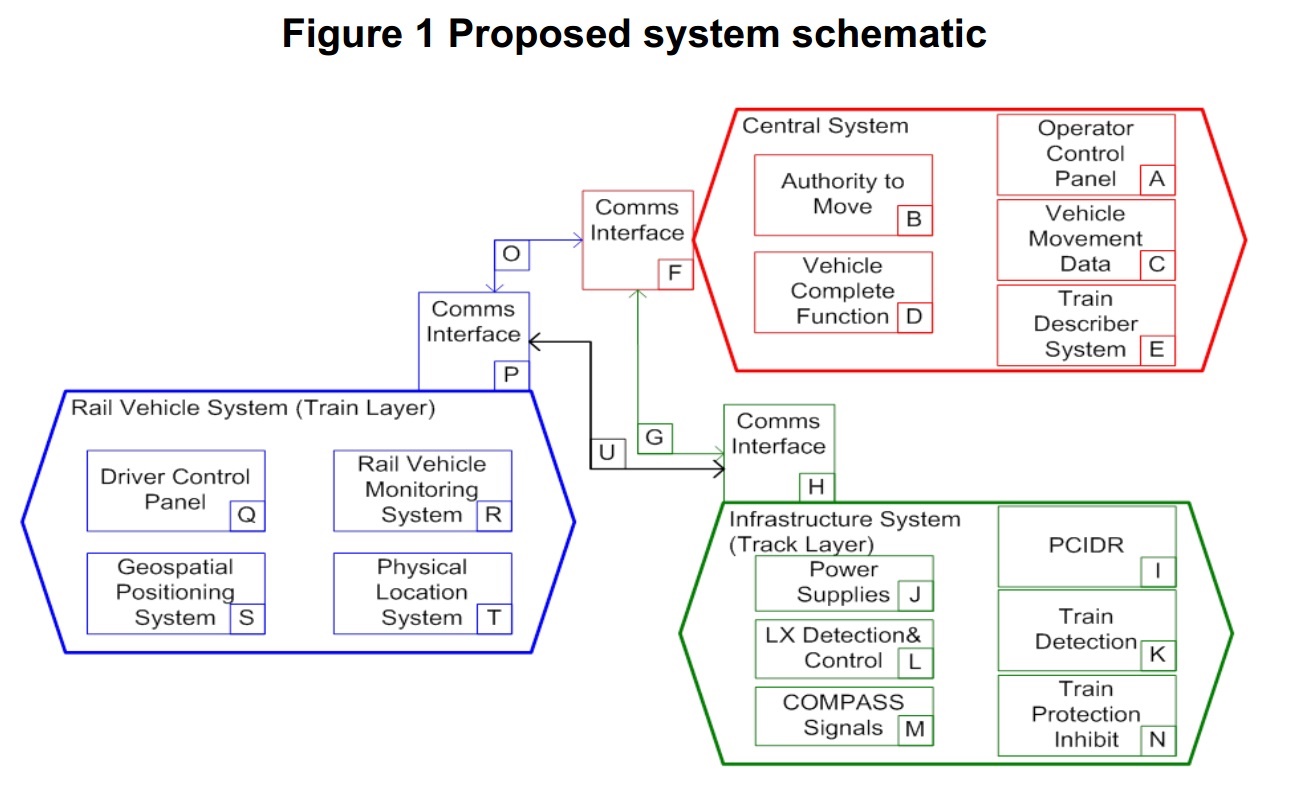01.03.15
Back-up signalling solutions in the event of failure
Source: Rail Technology Magazine Feb/March 2015
A cross-industry design and innovation competition has been launched to find quicker ways to recover from signal system failures. Network Rail’s John Collins, senior programme manager (strategy), told RTM why it was so important.
Rail innovators, inventors and entrepreneurs are thinking outside the (signal) box as part of a new competition to come up with new fallback systems to recover from signalling failure.
Network Rail and FutureRailway are running the COMbined Positioning Alternative Signalling System (COMPASS) competition, which has a £4m pot to 100% fund the winning idea or ideas.
The new system will enable trains to continue to move safely should the current or future signalling system fail, to recover good services more quickly. The competition organisers say it will also provide signallers with a reliable alternative to Temporary Block Working (TBW), with a more accurate view of a train’s position, speed and direction of travel, and quicker recovery times than TBW. Up to 70% of delays caused by signalling failure should be mitigated by the new system.
A briefing note explains: “The COMPASS system will allow the control centre (or Rail Operating Centre) to independently determine a train’s position, monitor its speed, direction and verify that the infrastructure is correctly set without the need to deploy line side personnel. This process has been termed Degraded Mode Working (DMW).
“It is proposed that the COMPASS system should interface with the Traffic Management (TM) system that is due to be rolled out across the network from late 2015. This would fulfil two key functions. Firstly, provide a greater level of granularity for train location than is supported by the current track infrastructure. Secondly, act as backup to the TM system should it suffer a failure. This redundancy would equally apply to the ETCS system where this has been installed on the network as the COMPASS system will not utilise the GSM-R network as its only means of communicating data.
“For example, due to the nature of the COMPASS system being independent of these train regulation systems, it can mitigate the impact of cyber-attack on computer-based systems like TM and ETCS, affording time to neutralise the threat – albeit at reduced train performance.”

The competition organisers want to ensure a wide range of bids get submitted, including from outside the traditional rail industry, so are also inviting submissions from logistics and the wider transport industry, defence and security, and the tracking, positioning and communications sectors.
Network Rail’s John Collins, senior programme manager (strategy), told RTM: “The COMPASS development competition is an excellent example of how Britain’s rail industry is working together to improve operational performance through innovation. The competition is focused on providing a mechanism and funding for suppliers in the UK to put their technology to use in the economically vital rail sector.
“We believe the COMPASS solution can reduce delays by improving the current signalling system’s ability to recover from system failures more rapidly, as well as providing enhanced resilience to the network for the future.”
There will be an initial feasibility study into applicants’ ideas, testing their technical and commercial viability, with a budget of £300,000. This will be followed by a formal selection process and further down-selections for a System Integration and Test Facility (SI&TF), with a budget of £700,000 – likely to be for two or three bidders. After assessments by industry experts from the operators, Network Rail and the RSSB, a £1.55m budget will be made available for a demonstrator.
The competition relates to phase 2 of COMPASS – phase 1 is already underway, with initial work completed in 2011, trials in 2012 and completion of most aspects in 2013. However, phase 1C, points monitoring, begins operational trials in March 2015. Phase 2’s aim as part of the new competition is to develop, commission and demonstrate a ‘COMPASS Central Data Integrator’ in a representative environment with reasonably realistic supporting elements, to prove it has achieved ‘technology readiness level’ 5-6.
Successful bidders will get access to, or information on:
- The current electronic railway map
- Support with defining new technical and safety standards
- Support with approval process for safety and regulatory compliance
- Support to successful bidders to put their system through the industry acceptance processes
- Use of the indoor rail test facility at one of Network Rail’s training centres
- Train characteristics, e.g. braking distances, acceleration and top speed
- Gradient on tracks
- Current signalling infrastructure
- Information relating to existing operational rules and signalling principles
Applications must be submitted by 1pm on Friday 27 March. Click here for more information.
Tell us what you think – have your say below or email [email protected]